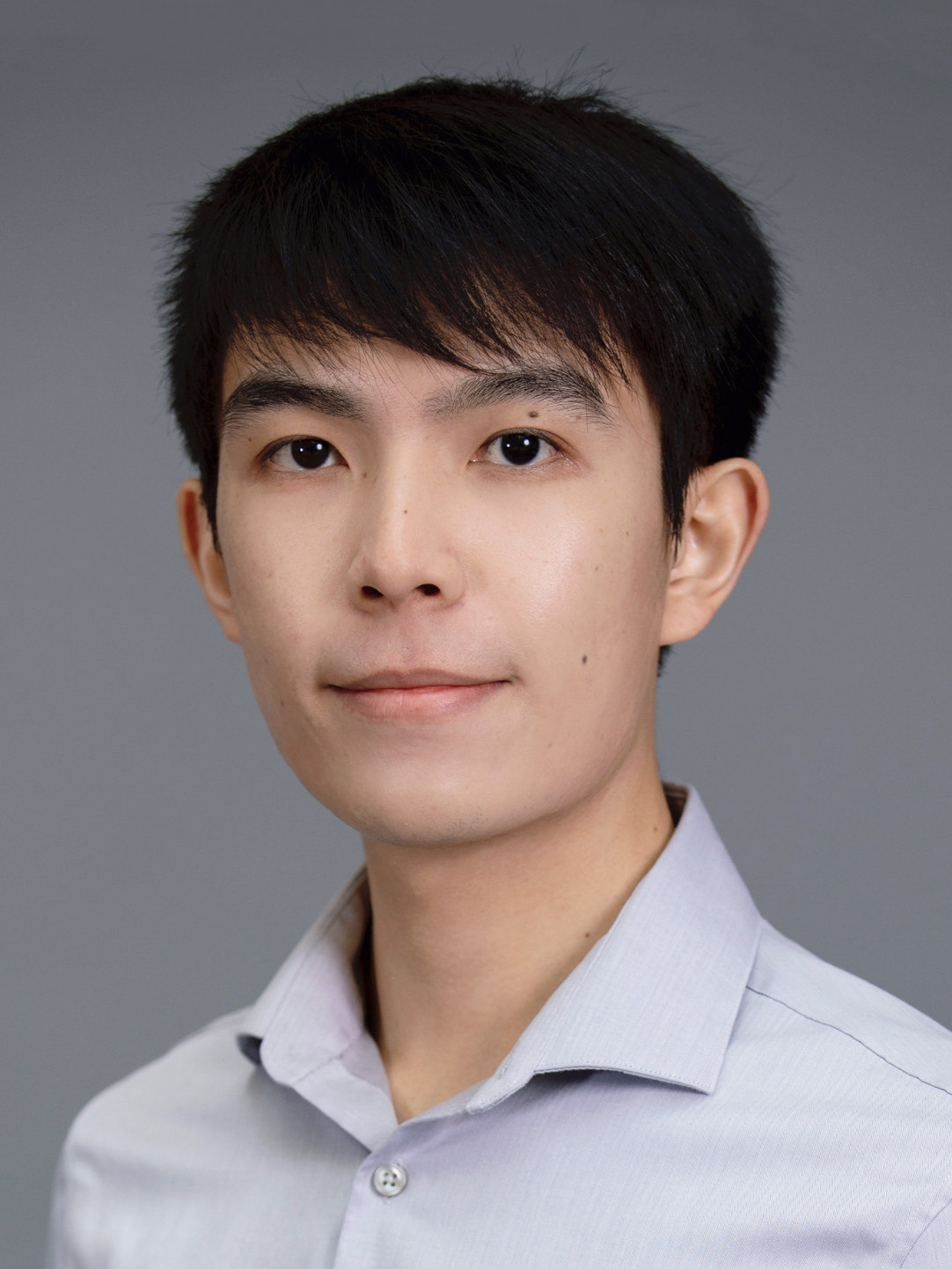Francis Y. Yan
Senior Researcher
Microsoft Research Redmond
(starting spring 2025)
Assistant Professor of Computer Science
University of Illinois at Urbana-Champaign
Redmond, WA 98052

Senior Researcher
Microsoft Research Redmond
(starting spring 2025)
Assistant Professor of Computer Science
University of Illinois at Urbana-Champaign

I am a Senior Researcher in the Intelligent Networked Systems Group at Microsoft Research Redmond. In the spring of 2025, I will be joining the University of Illinois at Urbana-Champaign (UIUC) as an Assistant Professor of Computer Science, with an affiliate appointment in Electrical & Computer Engineering.
My research focuses on enhancing networked systems with practical machine learning (ML), ranging from building real systems and open research platforms that lay the groundwork for applying ML, to devising ML-based algorithms that are readily deployable in practice. I am the creator of Puffer, a live TV service that has engaged over 360,000 real users (as of July 2024), as well as a video research platform that has assisted researchers in publishing top-tier and award-winning papers.
Prior to Microsoft Research, I received my Ph.D. in computer science from Stanford University, where I was advised by Keith Winstein and Philip Levis. Before that, I did my undergraduate studies at Tsinghua University (Yao Class) and MIT. I am a recipient of an IRTF Applied Networking Research Prize, a USENIX NSDI Community Award, a USENIX NSDI Outstanding Paper Award, a USENIX ATC Best Paper Award, and an APNet Best Paper Award.
I will be recruiting multiple Ph.D. students for Fall 2025 to establish my research group at UIUC! Please apply to the CS Ph.D. program by December 15, 2024. Starting Spring 2025, I will also be looking for self-motivated master’s and undergraduate students to work with me. Please kindly read this page first before reaching out.
Recent topics of my work:
Please visit my research page for details.